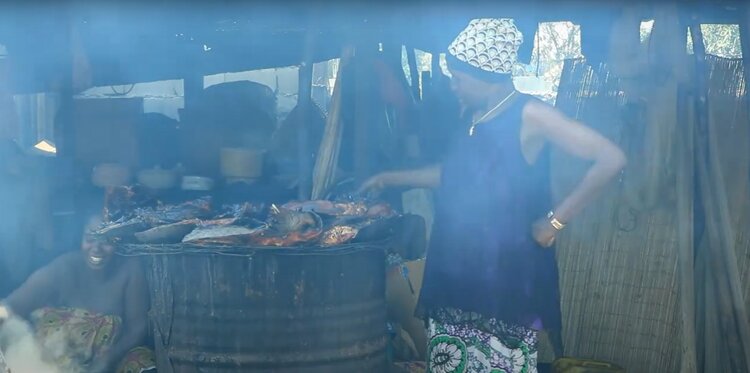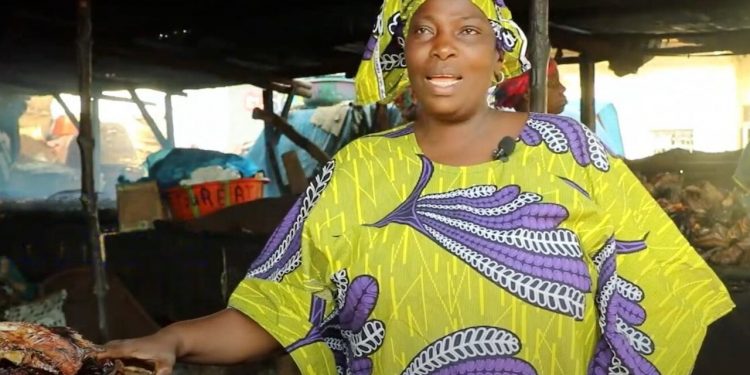Women in African artisanal fisheries are adamant that no crisis in their lifetime has affected their activities as deeply as the Covid-19 crisis.
A statement issued by the African Confederation of Artisanal Fisheries Organisations (CAOPA) on International Women’s Day this year, highlights the challenges faced in obtaining supplies from fishermen, and the difficulties they face in continuing to process and market their products.
The measures taken by African governments to counter the Covid-19 epidemic this past year – curfews, lockdowns and border closures – have had a damaging impact on their activities. They emphasise that, thanks to them, people have continued to have access to fish, a source of animal protein, micronutrients and fatty acids.

‘This crisis has shown the irreplaceable role of African artisanal fisheries, and the women who work in the sector, for food security,’ CAOPA states.
Since the beginning of the pandemic, CAOPA has been calling for governments to respond to this crisis to improve the working conditions of women and men in artisanal fisheries as these are essential workers.
The women of CAOPA state that making improvements to their working conditions must be a priority, as they operate in unhealthy conditions, often for a poor incomes. They also demand that their governments protect artisanal fishing areas and landing sites ‘from predation’ by other economic sectors in the coastal zone.
‘Ensuring decent living and working conditions for women in artisanal fisheries is more necessary than ever to avoid food crises and to ensure the stability of coastal communities in Africa,’ CAOPA states.









